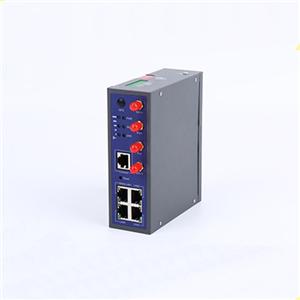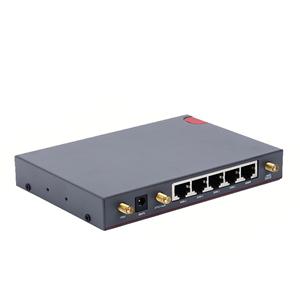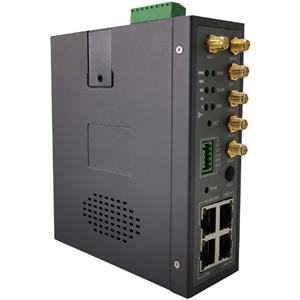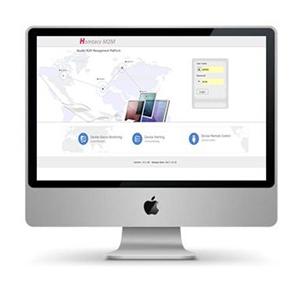Buy Purchase router management m2m platform Factory Brands Price
router management m2m platform
Buy router management platform Price
It's hard to say what will happen first: switching and routing will merge, or an independent network operating system that can implement both functions will emerge. Last July, Arrcus launched a new network operating system that provides both switching and routing capabilities on commercial silicon. It doesn't matter which is the main reason.
Exchange first appeared in the telephone network in the 1920s, but the data center exchange we know today began in the Apa network in 1969, when it was used to connect multiple computers so that they could share data. As early as 1981, Stanford University and Massachusetts Institute of Technology each created such routers, which are used to connect multiple networks together - it can be said to be a switch, but it runs on the third layer of the network protocol stack, not the second layer of the switch.
Since then, switching and routing have been at war, and in recent years router functions have been dragged into switch ASIC and its operating system mainly because hyperscalers and cloud builders have more complex data streams than typical businesses, who are sick and tired of paying a lot of money with the backbone of layer 2 routers when switching functions are displayed. Using the third layer routing function can save a lot of money.
Essentially, data centers are starting to become more like our homes in terms of connectivity: you have a big pipeline connected to the Internet, and we use wired and wireless routers to connect devices directly to the Internet. The old adage "Switch when you can" and "Switch when you have to". With the emergence of new network architecture, this sentence may be overturned. It may look more like "Switch when you can" and "Switch when you have to". Or, more accurately, use shallow ASIC buffers when possible and deep buffers when necessary, because application latency requirements (whether at the edge or in the data center) drive architectural decisions and ASIC choices. The choice of switch and router suppliers will be the third.
management platform Brands
IBM has released a new vendor management platform that supports block chains called Trust Your Vendors. The service will digitize and protect various manual and/or paper-based supplier information, qualifications, entry and management processes. IBM Procurement believes that it can reduce the entry time of its suppliers by 70% to 80% and the management cost by 50%.
"Trust your supplier to create a digital passport for the identity of the supplier on the block chain network, allowing the supplier to share information with any licensed buyer on the network," the press release said. In addition, it is compatible with IBM's supply chain business network and can "connect the existing purchasing business network", so users do not need to re-enter data across multiple systems to use the product.
According to a McKinsey survey, "Few companies have tried to minimize end-to-end costs by optimizing their methods of interacting with suppliers, including forecasting, scheduling and logistics processes, better than temporary projects." This is partly because, although many large companies have a strong vendor management base, the process of doing so may be decentralized and often relies heavily on manual data input. The report points out that this will take extra time, may lead to redundancy or inconsistency in master data, and may lead to missed opportunities to generate more vendor value through network analysis.
Purchase m2m platform Factory
Quentin Samelson, senior management consultant at IBM Electronics Industry Blog, and by trusting your suppliers, the company "will be able to provide licensed access (companies want to buy goods and/or services from them) management, compliance, environment, law, and financial data". The founding members of the platform are studying this level of data integration in order to provide productivity and cost savings for their respective businesses.
IBM's 18,000 suppliers, together with the major partner companies listed above, believe that your supplier platform represents an important test case using block chain intake, process, and the way to obtain and analyze supplier data can gradually bring efficiency improvement and scales to all parties.
It is reported that Bithumb, the Korean Encrypted Monetary Exchange, is entering the Singapore market through an agreement with BitHolic, the local encryption platform.
News 1 Korea reported the news on Thursday, saying that BitHolic was renamed Bithumb Singapore this month.
Although the ownership structure of BitHolic and Bithumb was not disclosed, an anonymous insider told news sources that BitHolic and Bithumb "are expected to sell intellectual property rights to expand their global business".




